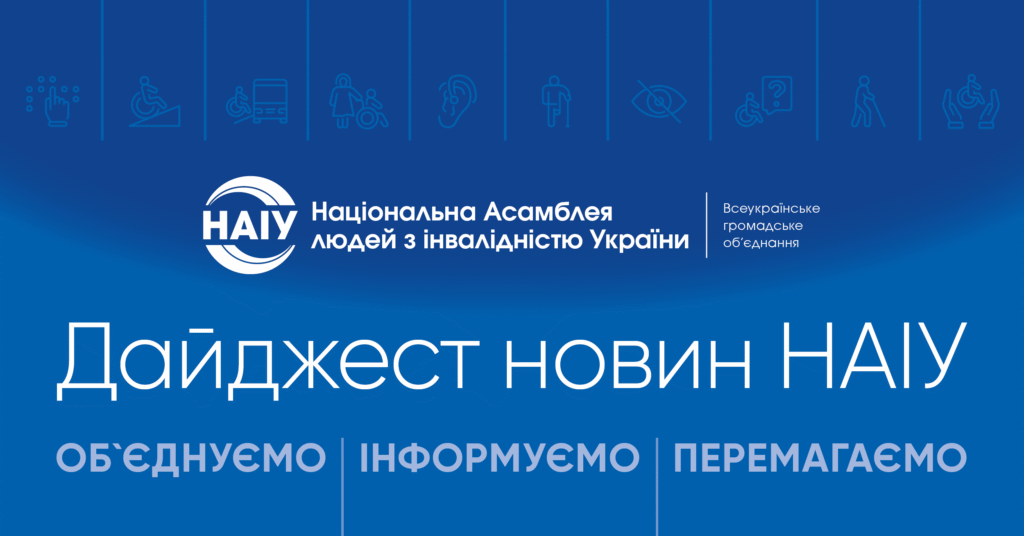Дослідження “Вплив пандемії COVID-19 на людей з інвалідністю в Україні”

We are pleased to present the second report based on an in-depth study of the impact of COVID-19 on people with disabilities in Ukraine. The research findings presented in this document are based on the views of more than 300 persons with disabilities on the impact of the COVID-19 pandemic on their daily lives. At the same time, the report does not address the impact of the war in Ukraine on people with disabilities, as we were in the final stages of the project when Russia launched a large-scale military offensive against Ukraine and its people on February 24, 2022.
The Special Rapporteur on the Rights of Persons with Disabilities notes that "there is no such thing as an inherently vulnerable person, but only persons with disabilities who find themselves in vulnerable circumstances" (UN General Assembly 2021, § 16). Our research shows that the lives of people with disabilities in Ukraine consisted of a wide range of such "vulnerable situations" even before COVID-19 was declared a pandemic in March 2020. Hundreds of thousands of internally displaced persons with disabilities and people in need of humanitarian assistance (as a result of Russia's military aggression against Ukraine in 2014) faced additional socio-economic hardships and difficulties related to, among other things, access to housing, healthcare, various services, etc. COVID-19, together with political and economic measures in response to the pandemic, have significantly increased the scale of the crisis.
The second Report focuses on the views of people with disabilities. Our participants gave their time and participated in the research to increase public understanding of the problems faced by people with disabilities and in the hope of bringing about the significant changes that our research shows are still lacking. We hope that the readers of this report, and above all those with the power to initiate such change, will demonstrate and commit to listening, understanding and responding.
The uniqueness and originality of our study lies in three aspects
First, this research project based on a truly broad approach. The study was developed and conducted jointly with people with disabilities in Ukraine and their organizations. They participated in the development of the research methodology, data collection, data analysis, and dissemination of the project results. Dialogue remained a key underlying principle for everyone involved in our project. It allowed us to combine different stories and formulate new perspectives. It also gave us the opportunity to engage the powerful and moving voices of our participants in conversations about fundamental issues of belonging, recognition, equality, and sustainability. Secondly, the project used several methods of collecting research dataThis included a survey of organizations of people with disabilities, interviews with people with disabilities, and a series of household diaries. This helped to create a sense of ownership and engagement among our participants, and provided a greater understanding of the situation of people with disabilities in Ukraine. As far as we know, this is the first project in Ukraine to target people with physical, intellectual, and sensory disabilities and their organizations at the national level, using methodological approaches used in the social sciences and humanities. Third, our project is conceived as inclusive and emancipatory. Building on the principle of collaborative dialogue, we sought to better understand how the COVID-19 and pandemic response exacerbates existing and generates new injustices and inequalities against persons with disabilities, and how these can be addressed. The main goal was to ensure that rigorous empirical research (conducted in the specific context of the COVID-19 realities) supports existing and helps to develop new policy strategies for disability activism in Ukraine. |
Similar publications
All editions



